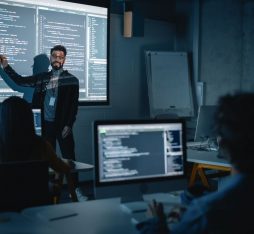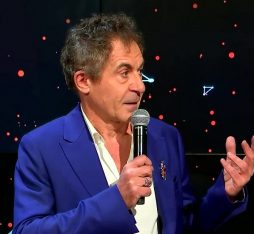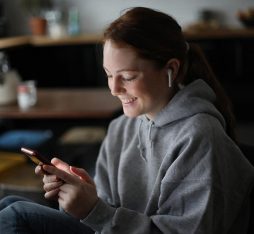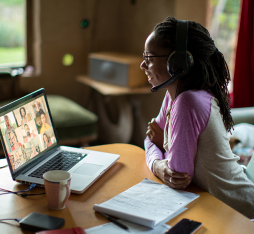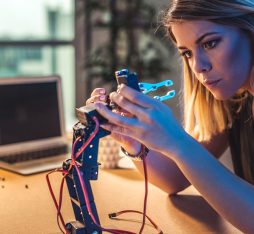Giving children an insight into the possibilities offered by the digital world and showing them that it’s accessible.
Digital acculturation is everywhere. From its entry into the “common core of knowledge and skills” in teaching to code clubs, computer language is becoming more and more accessible. An introduction to computer programming will ultimately lead to a better understanding of the digital tools we use on a daily basis, and in a way open these black boxes. In addition, it is a question of training current generations in preparation for the new highly sought after digital technology jobs.
But the best time to learn is at an early age. And that’s what the #SuperCoders workshops are all about. As part of this international operation organized by Orange , children and young teenagers, girls and boys aged 9 to 14, are invited to participate in introductory free and fun computer coding workshops. Led by Orange volunteer coaches and partner associations, these workshops take place throughout the year in different countries. Since October 2014, nearly 7,000 children around the world have benefited from the #SuperCoders program.
The underside of digital
Grégoire Khatchadourian, head of external development at Orange and one of the very first coaches, says that for him, it was originally more about offering new opportunities to disadvantaged groups: “Thierry Souche, who is the boss of Orange Labs Products and Services (OLPS), one day asked the development teams to organize events to teach coding to the most deprived children. At the time, two years ago, we had created the “Budding Developers” initiative launched with OLPS volunteers. We were joined by lots of people and the event was widely copied. This initiative was swiftly encouraged and distinguished by the Orange Social Responsibility (CSR) teams. It has become a real global operation, reaching as many children as employees. And from there #SuperCoders was born.”
By showing children the rudiments of coding, in a very concrete way #SuperCodeurs reveals the underside of the digital world to them. The program places them in the role of actors, and not just users, of digital products and services, getting them to experiment with working methods and modes of co-creation and engagement specific to the 2.0 culture. The goal is not to make them computer whizz-kids, but to give them an overview of the possibilities offered by the digital world, showing them that this universe is accessible to them and that it isn’t just for geeks.
Learning to code and coding to learn
During group workshops, children design small programs with the help of Scratch software. Developed by the Lifelong Kindergarten Group in the MIT Media Lab. Scratch is a free programming language, especially designed for children aged 8 to 16. Using a fun approach, it invites them to design projects – games, interactive stories, short animations, musical compositions, etc. – by assembling blocks. Scratch also has a very active online community where children can share their creations and help each other. As part of the #Supercoder activities, children also learn robotic programming with Thymio robots from the EPFL (École polytechnique fédérale de Lausanne) laboratories. Robotics means putting your algorithms to the test of reality because the robot is in a real environment and when it falls, it can break!
“Learning to code and coding to learn” is the philosophy of the creators of Scratch, who believe that the knowledge assimilated when using the software can be useful in any context. Scratch allows children to acquire key concepts in order to master programming and become familiar with computer thinking, develop a certain type of logic, learn to work collaboratively, solve problems, carry out projects, and communicate ideas…
Volunteers
And children are not the only ones learning. #SuperCoders is underpinned by the people at Orange, hundreds of volunteer coaches, who are trained to supervise children in the workshops. Some write their first lines of code thanks to #SuperCoders. “What is interesting for Orange’s volunteer employees is that it offers an excellent start to adapting to the coding culture. They develop skills that can be useful to them both in their professional and personal lives,” concludes Grégoire Khatchadourian.




